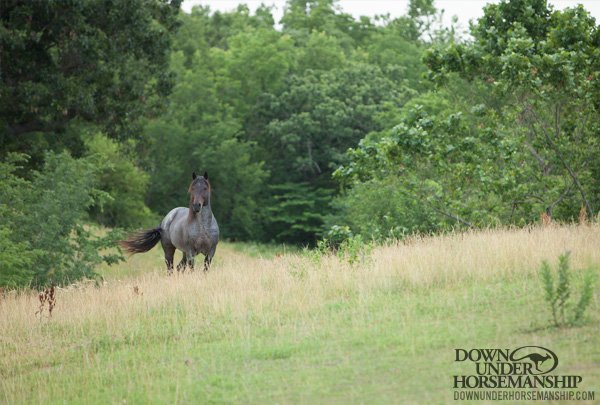Do I Need to De-worm my Horse in the Summer?

Brought to you by Merck Animal Health
It depends. While summer is generally not a peak parasite transmission time in many parts of the country, some horses may require a more aggressive schedule that includes de-worming during the summer. The key is to work with your veterinarian to conduct fecal tests to determine your horse’s shedding status (how much and of which parasites he is shedding), then customize the de-worming protocol. Low egg shedders typically require only two de-wormings a year, whereas high shedders may require up to six treatments.
General de-worming tips to keep in mind:
- Most de-worming treatments should be administered during periods of parasite transmission and not during cold winters or hot, dry seasons. In most regions of the country, spring and fall remain important times of parasite transmission. In southern climates, mild winters also are conducive to parasite transmission. Periods of drought help control certain parasite populations (e.g., small strongyles) on pastures. In contrast, periods of unusually wet, warm weather are optimal conditions for parasite development.
- Quarantine new arrivals and check fecal egg counts. Use a larvicidal treatment, such as larvicidal fenbendazole (Safe-Guard® Power-Dose) or moxidectin, and hold new arrivals in their stall for at least 72 hours after de-worming before turning new arrivals out on pastures.
- Quarantine is important to reduce parasite over contamination of grazing areas, as well.
-
Use a weight tape (or scale) to avoid under-dosing. Horses are generally heavier than you think.
The most effective de-worming program involves treating the right horse at the right time for the right parasites. For more information, visit GetRotationRight.com. Consult your veterinarian for assistance in the diagnosis, treatment and control of parasitism.
Note: Do not use in horses intended for human consumption. When using Safe-Guard® (fenbendazole) Paste 10% concomitantly with trichlorfon, refer to the manufacturer’s labels for use and cautions for trichlorfon. Copyright © 2016 Intervet Inc., d/b/a Merck Animal Health, a subsidiary of Merck & Co., Inc.
